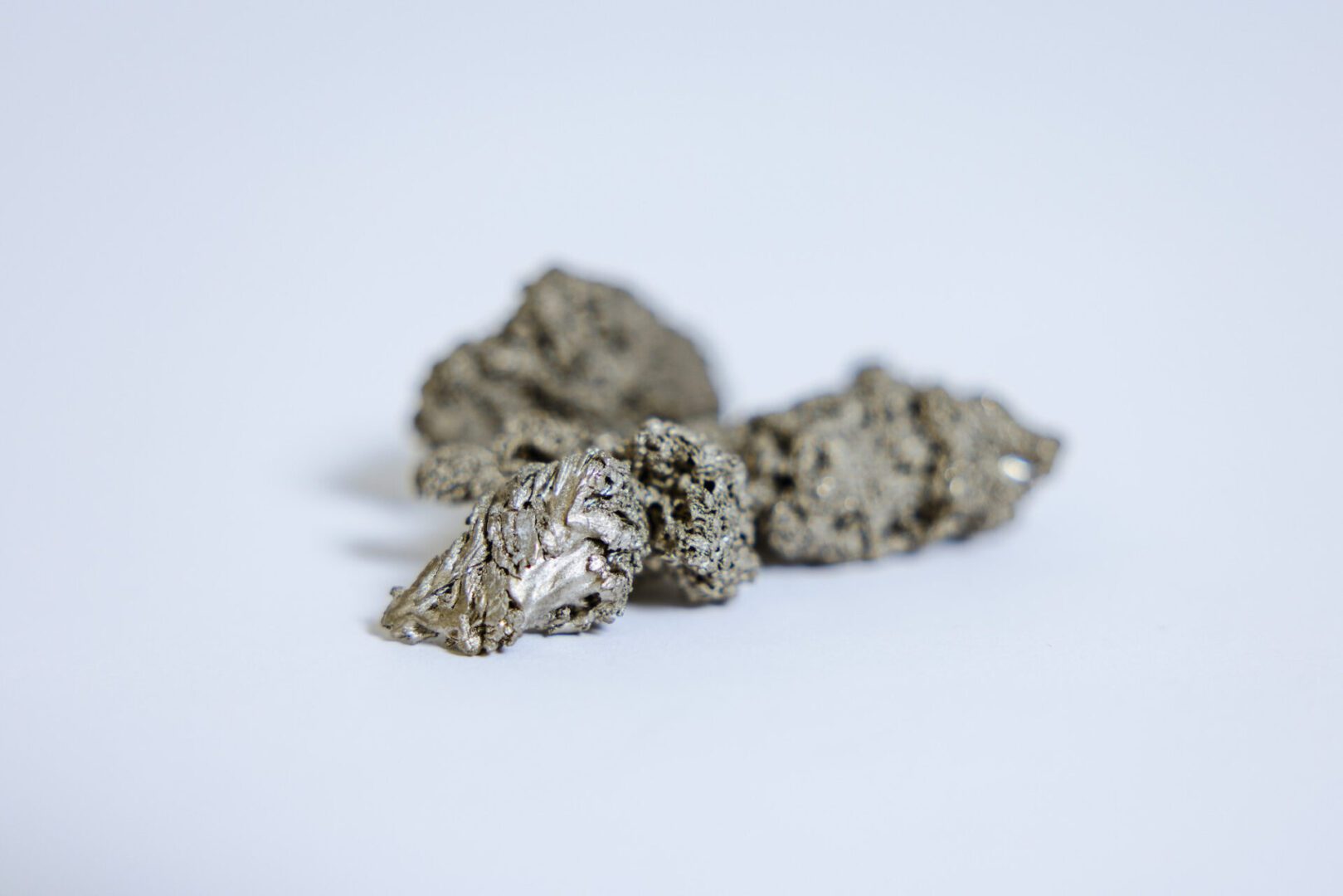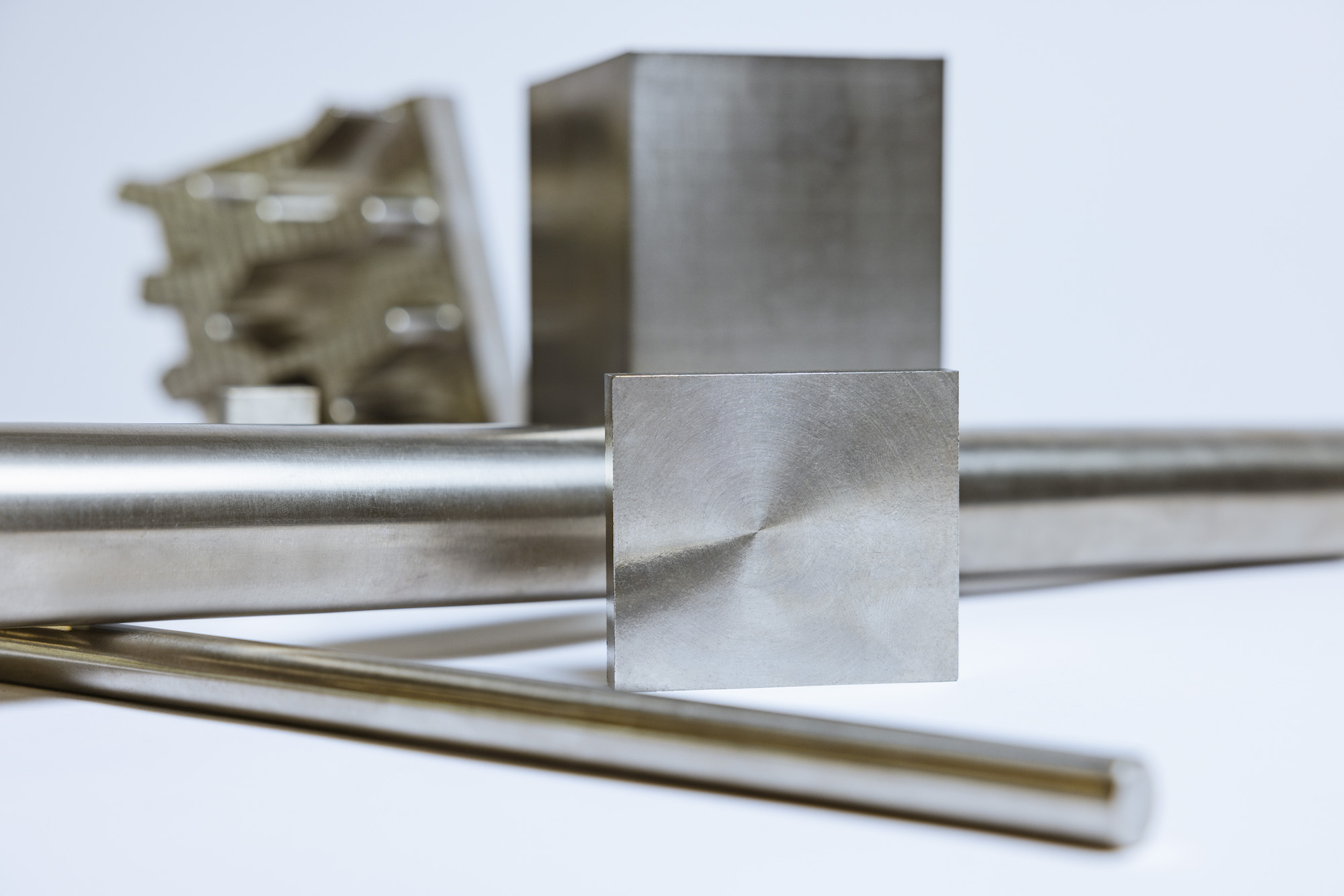With the highest strength-to-weight ratio of all elements, Titanium has secured its place in many high-tech applications. For Metel, Titanium is one of the most essential metals in our program, and we supply it in a wide variety of alloys (grades) and forms. Each alloy has its advantages and disadvantages, and Metel assists its clients in selecting the right one. In this article, we explore the applications and history of this element.
“One market where Titanium is extensively used—besides the aerospace and medical sectors—is the semiconductor industry. Titanium is lightweight, non-magnetic, and still provides the stiffness they seek. With Titanium, this market holds the solution to a multitude of challenges at hand.“ –Dennis Wijnants, Director of Metel
Discovery of Titanium
A metal that is corrosion-resistant and has an unparalleled strength-to-weight ratio? Discoverer William Gregor didn’t realize it in 1791, but this element is ideal for many high-tech applications. Appropriately, Titanium is named after the Titans from Greek mythology. It wasn’t until 1932 that 99.9% pure Titanium, as we know it today, was produced outside a laboratory. The process used for this – the Kroll process – remains the primary method for commercial production. 
Application of Titanium
In the 1950s and 60s, Titanium was primarily used in military applications and was considered a strategic resource by the United States. Today, strong, lightweight Titanium alloys are used across a wide variety of markets such as:
- Aerospace
- Chemical and petrochemical industries
- Automotive
- Agriculture
- Medical applications
- Telecommunications
- Luxury goods
Properties of Titanium
The high strength-to-weight ratio and corrosion resistance are the primary reasons these markets choose to use Titanium. Additionally, there are several properties that can be considered advantageous. For instance, Titanium has non-magnetic properties.applications and limited electrical or thermal conductivity. It is particularly relevant for medical applications that the metal is ‘biocompatible,’ meaning it is not rejected by the body and can be used for implants, for example.
Titanium Alloys
“The powerhouse of Titanium is undoubtedly the Grade 5 alloy,” says Dennis Wijnants. “More than 50% of the global use of Titanium is Grade 5. This is mainly due to the aerospace industry. Titanium Grade 5 is three times stronger than Grade 2, yet has the same specific weight and is highly workable.”  Metel supplies Titanium in a wide varietya range of alloys and forms. We supply not only in bar and sheet but also as tube, wire, foil, and box section. Popular Grades include:
Metel supplies Titanium in a wide varietya range of alloys and forms. We supply not only in bar and sheet but also as tube, wire, foil, and box section. Popular Grades include:
- Titanium Grade 1
- Titanium Grade 2
- Titanium Grade 5 (TI6Al4V)
- Titanium Grade 23 (ELI)
- Ti6Al7Nb
Medical Application of Titanium
Grade 23 is a medical grade and is compositionally similar to Grade 5, also known as Ti6Al4V, but with higher purity. The higher purity allows for greater ductility in the metal, preventing it from breaking down in the body. Additionally, the high purity reduces the risk of infections. This is termed ELI – Extra Low Interstitials – which is why Grade 23 is also referred to as Ti6Al4V ELI. Metel naturally also supplies oOkay, Titanium that is even stronger or harder, or meets other requirements. On our product page about Titanium, you will find not only the different alloys but also specific datasheets. However, it’s even easier if you get in touch with us. Call 0416 724 800 or send an email to n.kesteloo@metel.nl and we’ll be happy to tell you if your Titanium alloy is in stock.
 +31 (0) 416 724 800
+31 (0) 416 724 800 info@metel.nl
info@metel.nl